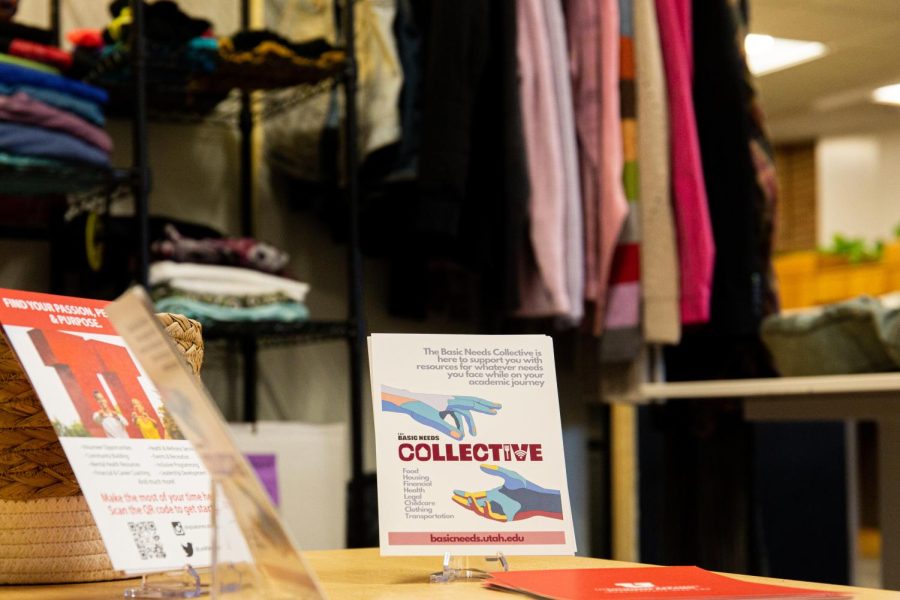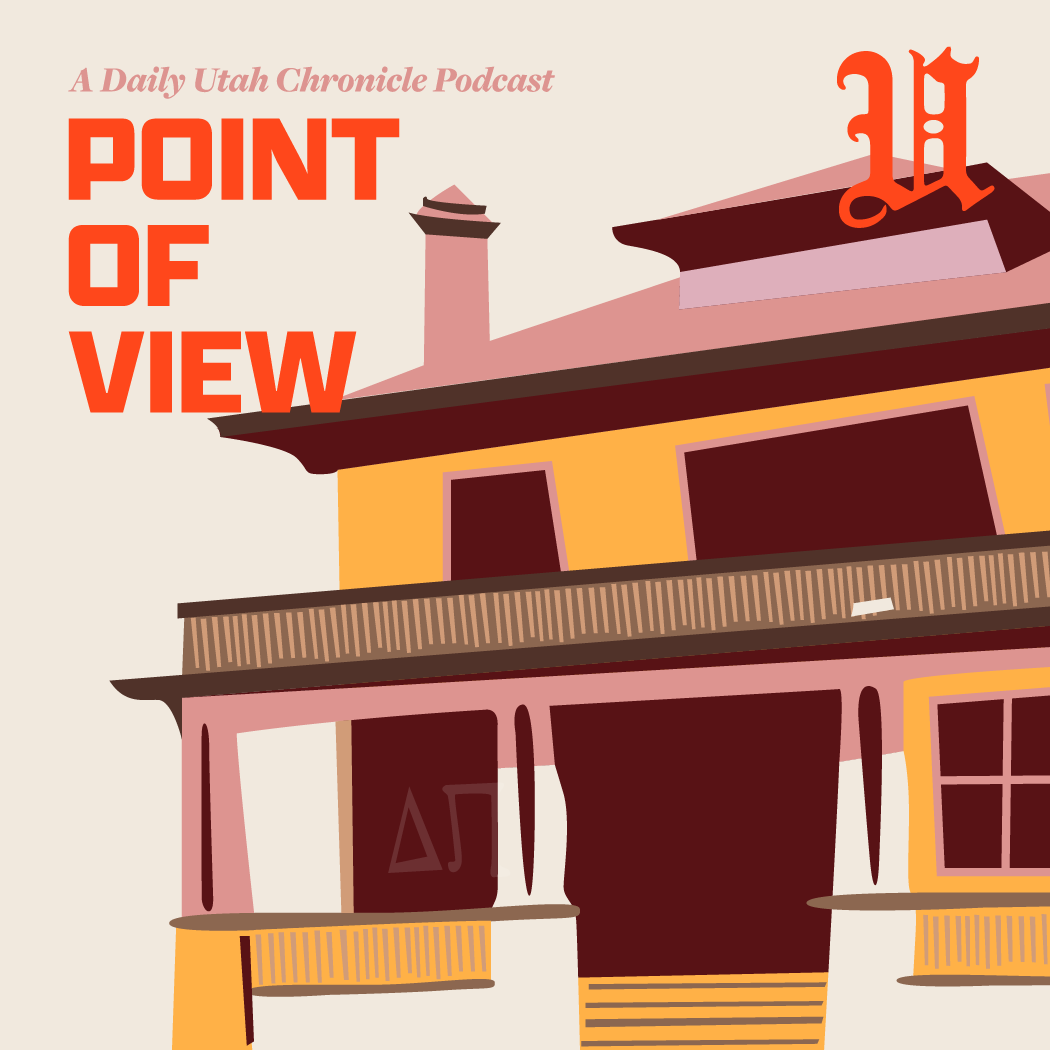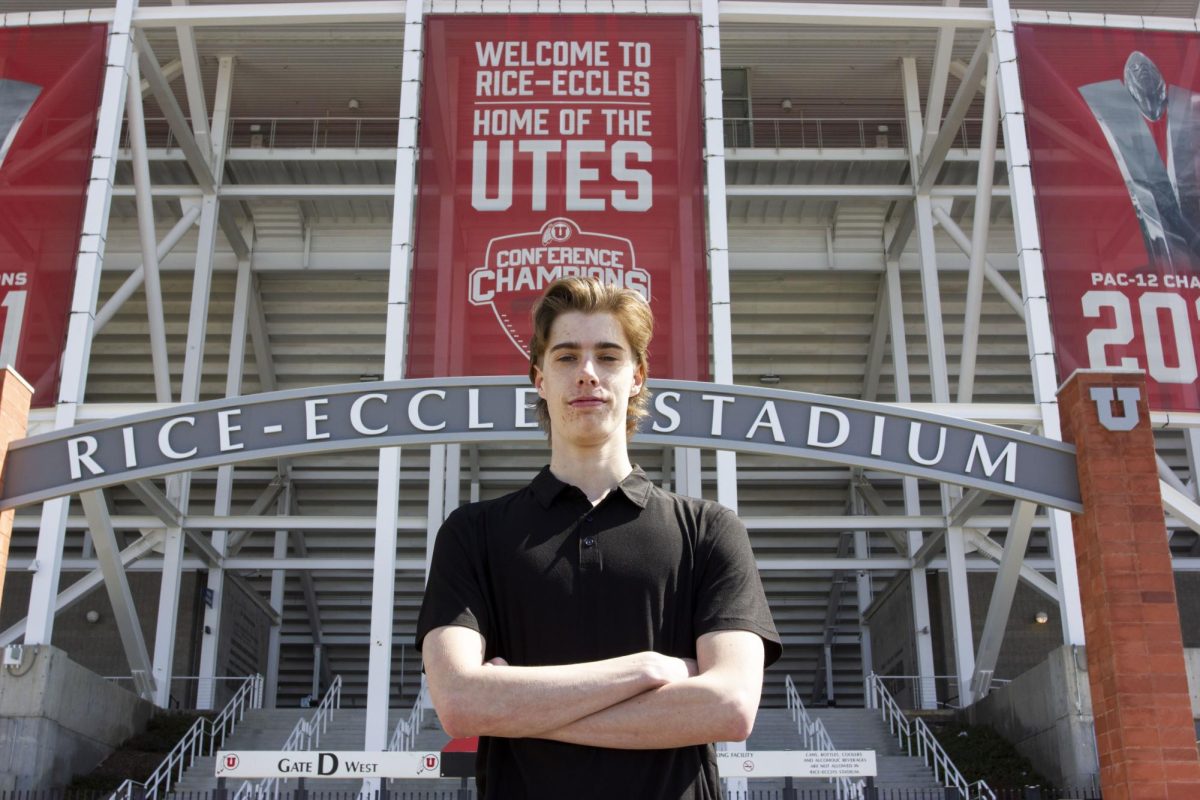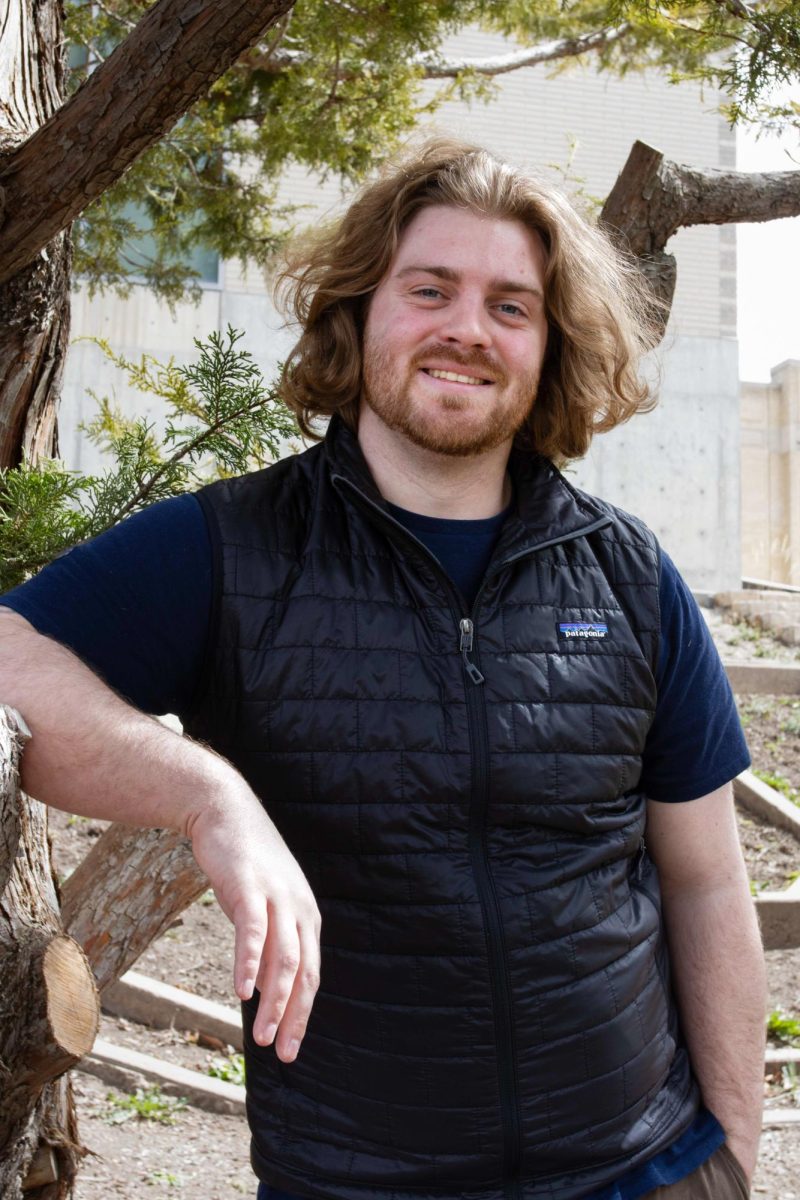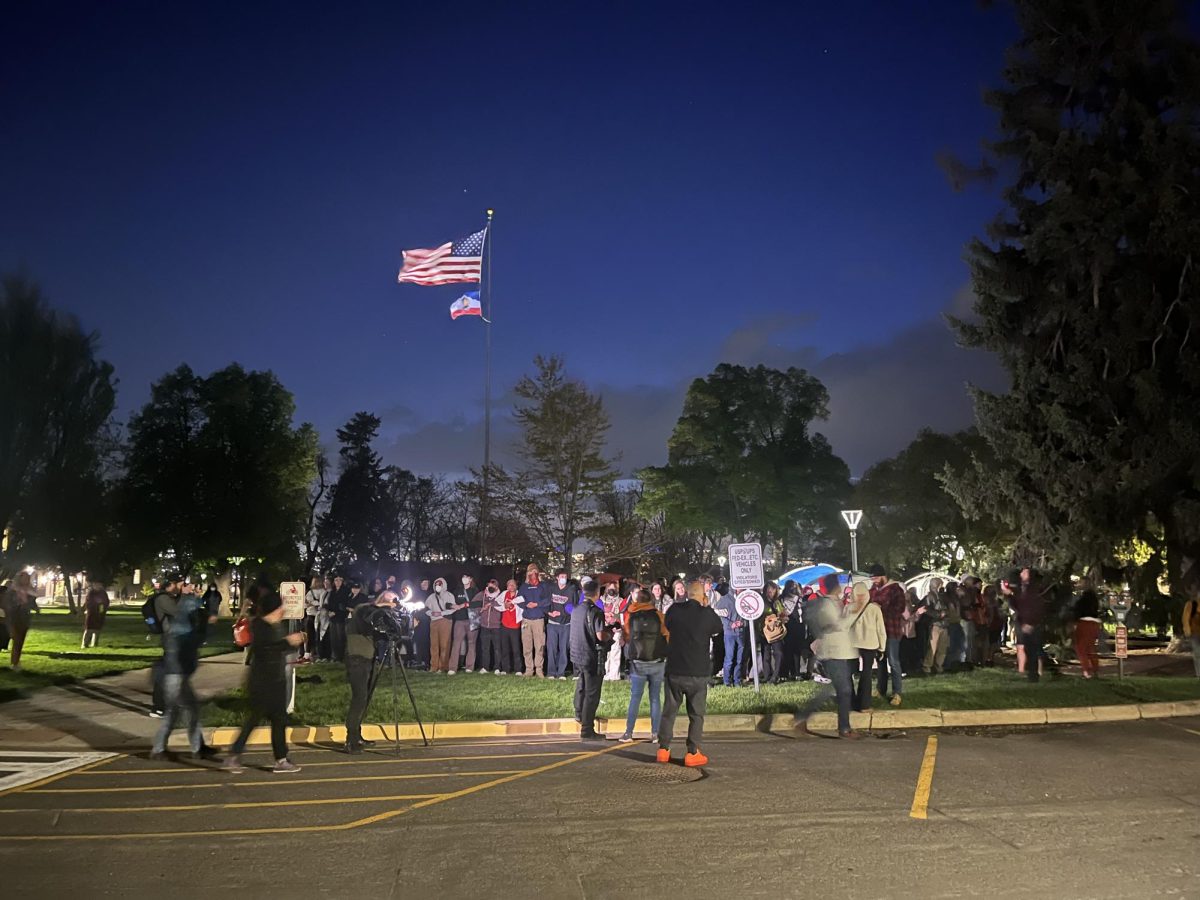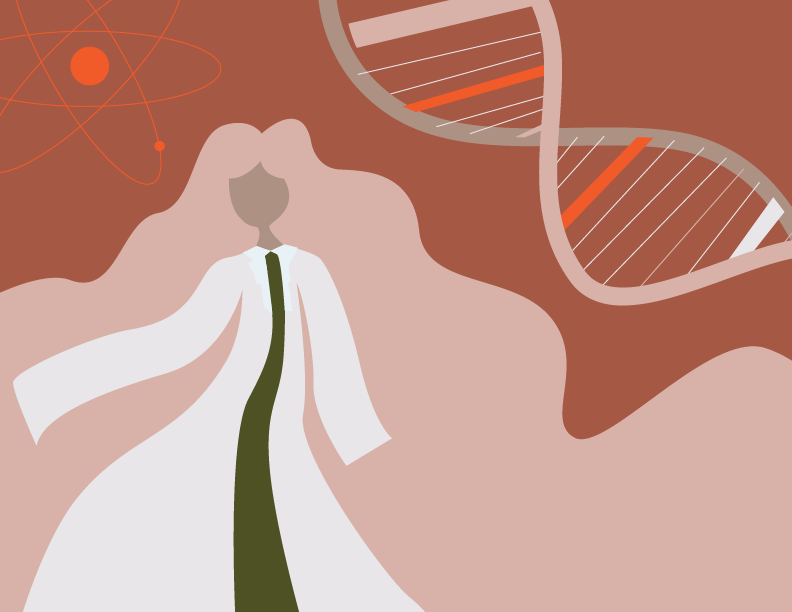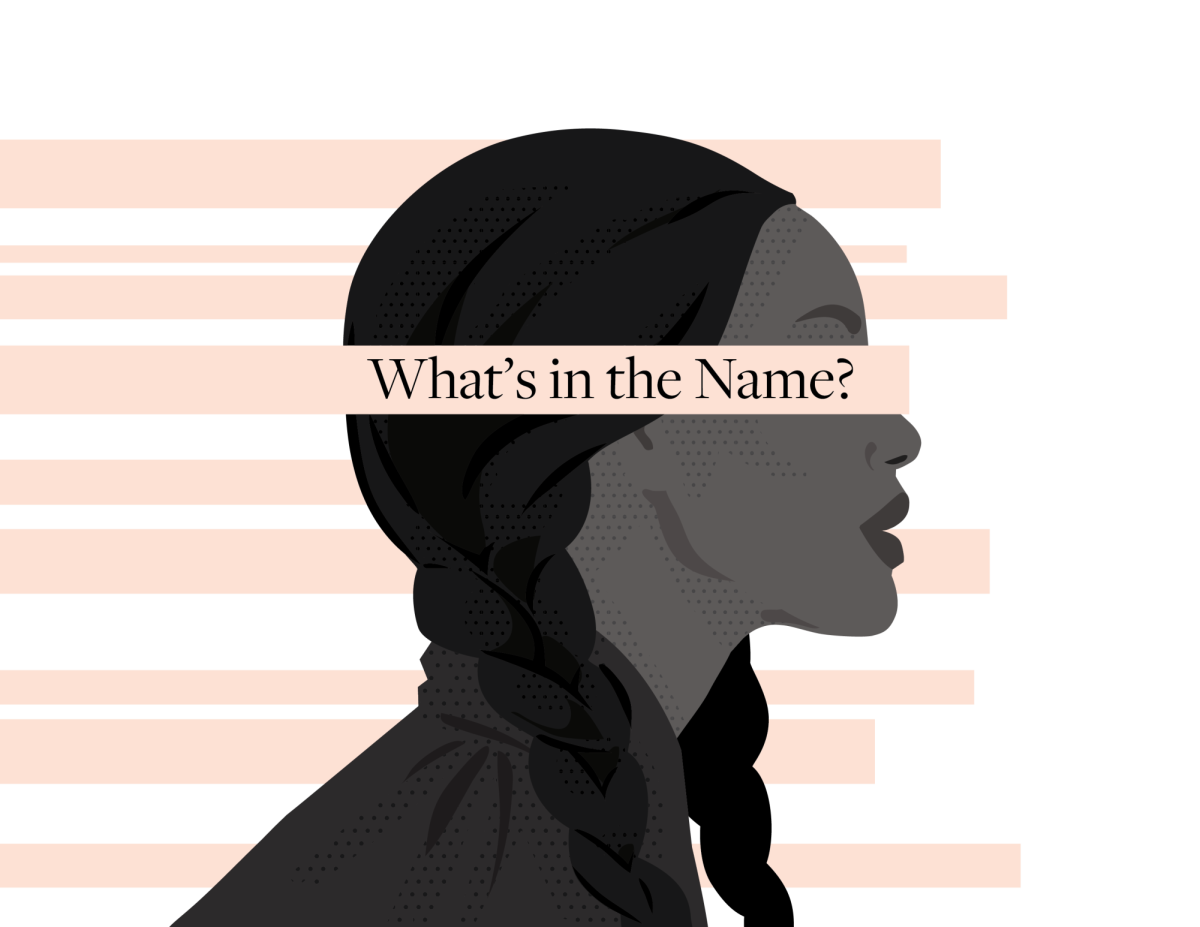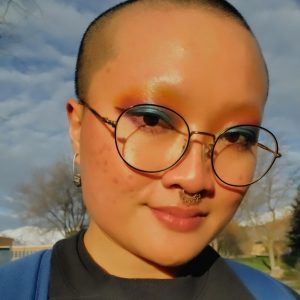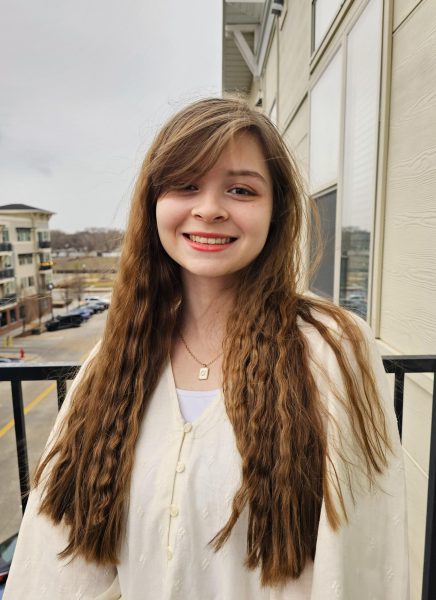Dominant culture imposes racial identities upon people based on the white gaze. But people’s heritage and ethnic identities come from within. The harm of racialization began with the justification of slavery, which birthed the language of racial difference. True Indigenous resurgence requires that every individual has the right to identify and disidentify themselves.
Slavery and Domination
The legacy of slavery in Utah still resonates within Native communities. Under the guise of adoption, Indigenous children suffered under slavery. Girl children sold for twice as much as boys, and women were worth 50%-60% more than men. Sex trafficking of Indigenous women and girls persists today.
Utah is one of the most dangerous places in the country for Indigenous women and girls. Salt Lake City ranks ninth in the top ten cities with the highest number of missing and murdered Indigenous women and girls, according to the Urban Indian Health Institute. State-sanctioned sex trafficking of First Peoples evolved into quieter operations that do not receive attention because of racism and systemic marginalization.
The violence of enslavement and trafficking extends into Indigenous cultural identity as an ever-present assault on indigeneity. Forcible child transfers from their community and placement in a racially hostile environment results in cultural genocide. Settler colonialism continues by visible and invisible means.
Arcia Tecun, an anthropologist and ethnomusicologist who grew up in Salt Lake City, embraces the complexities of his identities. His lineages prompt consciousness of relationality with people all over the world and throughout time. Tecun’s heritage of Maya ethnicity includes K’iche’, Tz’utujil, Mam and Kaqchikel identities. Social relations with Oceania and other Indigenous communities shaped his upbringing, creating a complex awareness of racialization and life as a Brown person. Born in Los Angeles before moving to Salt Lake, he remains conscious of Elder Indigenous people native to this place and the oppression unique to Indigenous people of the Americas.
Tecun explained racialization and indigeneity are related, but one is a visibly coded tool of subjugation and the other is invisible because of pre-colonial claims to land. The clandestine harms against Indigenous people are founded upon Native erasure.
“The violence on indigeneity — or Indigenous Folks — and women, femmes, two-spirit are done through secret realms,” Tecun said.
Dignity
Racialization teaches us where we belong, how we can speak and what we are allowed to identify with. Tecun shared about being racially coded in different ways depending on geographical context. As he has lived all over, he has shared “kinship with other dark-skinned folks around the world” and experienced the duality of camaraderie and tension. This involuntary categorization prompted a sense of mutual struggle.
“When I’m responding or reacting to that white supremacist gaze or expectation of me, that’s when I would say I have exhibited the least effective relational ethics,” Tecun said. He noted empowerment and autonomy as he recognizes his interconnectedness with others.
Being able to identify oneself is liberating and allows others to “assert their own complexity, their own multiplicity,” he said. “We do belong to many worlds, and perhaps that’s always been the case.”
Hyper-individualism feeds us an illusion of confinement and singularity. But when we emerge as we know ourselves to be, we open up new ways of relating. We all have ancestors — social lineage, familial lineage and even ideological lineage. These lineages, not the race placed on our bodies like a branded label, have taught us about our survival.
Our heritage can offer us intimacy with ancestry and place, but racialized labels only offer us what the dominant culture thinks of us.
Resurgence
The labels Latinx, Latine and Latino come from colonial origins, but they can serve as a banner to rally under. They can also be seen as a type of erasure for First People who have survived genocide. Identifying and disidentifying the self with dignity is a crucial way we resist the white gaze. Race is a category of oppressive origins, but heritage is an invisible source of individual power.
There are so many ethnic identities, and Latinx as an identifier may serve missions of solidarity. Still, every person must know their own truth. We heal when we can find care in community, and we face harm when we allow the dominant culture to dictate our lives.
People of color confront the language of racial difference every day, and we are constantly fighting subordination and invisibilization. By challenging the dominant narrative and naming ourselves as we know ourselves to be, we speak back to power.


